Why we won’t avert Ecological Suicide: II
Natural Capitalism, written in 1999 by Paul Hawkins and Amory and L. Hunter Lovins, stands as one of the great contributions to the ecological discussion, a masterful synthesis of the specific global problems and of their solutions. With invariable optimism they present economic solutions to ecologic problems, showing us through anecdote that it is being applied somewhere on the Earth and through statistic that we can all benefit. And the answers lie not only in their book, of course. Our minds have become inundated with answers as thoroughly as are bodies are bathed in electromagnetic waves. An impressive, seemingly infinite, array of ecological solutions are scattered throughout our information media, from the great academic journals to the magazines, newspapers, books, radio, television and internet. And what they repeatedly demonstrate is that we already possess the required technology and understand the necessary governmental policies that can provide a sustainable and comfortable existence for all humanity. We may already know all that we need to halt the further degradation of our oceans, forests, atmosphere, land and wildlife. Yet, because of the complex of socioeconomics, politics and biology, we will likely not implement any solution in time to avert our Ecological Suicide. Intelligent as we are, we will allow our animalian instincts to commit mass suicide as surely as any organism with plenty of food and few predators.
In Natural Capitalism, the authors suggest one powerful way government can force business into sustainable behavior: tax behaviors deemed unsustainable and subsidize those considered sustainable. In The Costs of Economic Growth the English economist E.J. Mishan independently agrees that should government undertake such action it could theoretically eliminate all environmental problems. But he finds that the social and cultural complexities are beyond the abilities of our institutions to implement such wise tax laws. Keeping in mind that within our so-called democratic countries, officials must face election every few years, (in Chapter 14: Self-Sustaining Economic Predicaments) Mishan lays out four powerful obstacles to government intervention:
- The costs of correcting our behaviors are usually perceived as being greater than the benefits.
- The environmental consequences of our behaviors are imperfectly known and understood. Much is still hidden and the therefore the range of destruction will surely be greater than we now project. So, whatever we do enact will be the very minimum necessary and likely not be enough.
- That it takes many years (usually decades) for the cumulative effects on the biosphere to be realized, discourages governments from imposing immediate restrictions, taxes, etc.
- That costs are immediate, but benefits are years (decades) later further discourages government action.
- As ecological consequences are increasingly global in scale, any one government acting alone will not only have diminished to negligible effect, but it will put them at an economic disadvantage within the sphere of international competition. This leads to the ever more complicated necessity of bringing all the major nations, each with their own needs, problems and social neuroses to work together, but now without the coercive power that each sovereignty, by definition, commands. Whereas the United States can force state compliance, the United Nations enjoys no such power.
The last point (the issue of unfair disadvantage), by the way, is the same argument made by Robert Reich in Supercapitalism with respect not to countries but to companies and the obstacles to corporate responsibility. One cannot expect Walmart, for instance, to provide health care and other labor benefits for its workers unless all businesses do the same. Otherwise, it puts Walmart at a competitive disadvantage, and so will likely lead to its demise (and so the demise of its workers).
Even these objections to an optimistic appraisal of humanity’s fortunes are timid, for they assume an ideal sense of laissez faire economics and our democratic institutions working side-by-side, free of influence. However, even the most idealistic American citizen over the age of ten now accepts certain inadequacies of government, namely: (1) Business has obtained great power in influencing “democratic” government through the power of lobbyist and campaign finance, at the very least. That leaders tend to be drawn from a rather small group of elite goes into a whole other level of debate. (2) Not everyone agrees that the environment is in enough peril to sanction any sacrifice of economic performance. (3) There is great effort at the ground level among political functionaries and business managers to subvert the imposed laws. Particularly notorious are China and India. However, American and European business traffic in illegal fish, arms and shipping on a truly colossal scale. (4) The difficulties in many countries are so extreme as to make environmental concerns existentially meaningless. If you’re being bombed right now, of what consequence is global warming?
Maintaining agreement on action and individual compliance on tribal scales was difficult enough. Now, with six-and-half billion people covering the earth we are finding the collective action necessary to avert our demise nearly impossible. We have been imminently successful at the animalian—eliminating competition, procuring food, reproducing. Indeed, Adam Smith’s capitalism was a catalyst to our success. With its prescription of individual selfish interest creating a web of collective good, it gelled perfectly well with our reading of the rules of the jungle. But we are finding that the universe is far more nuanced than the lessons we have taken from Adam Smith and Darwin (although they themselves would have been surprised at how we interpreted their ideas). We have found that to live harmoniously (sustainably, if you prefer) with the Earth requires higher order behavior—selflessness, honesty, compassion, humility, and these, we are discovering, are far more difficult to execute than childishly selfish ones. It is these more mature behaviors that will be necessary to hold back our selfish, childish, animal instincts. On a large scale, humanity will have to mature beyond our childish, or perhaps adolescent, level. So far there is little room for optimism.
